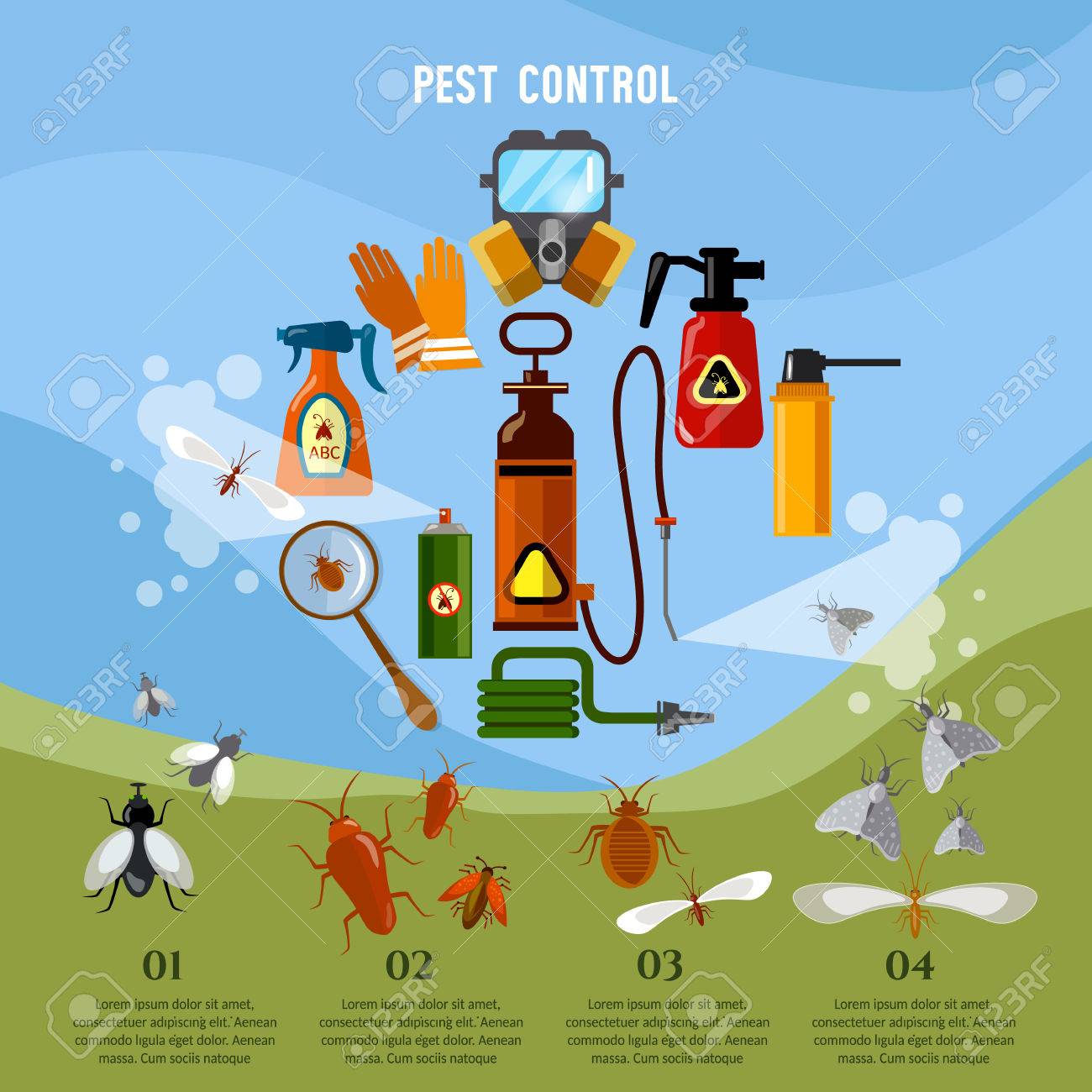The Role Of Bug Control In Food Safety And Health
The Role Of Bug Control In Food Safety And Health
Blog Article
Published By-Clark Bork
Are you familiar with the hidden dangers that bugs present to the safety and hygiene of your food? From rodents to bugs, these unwanted site visitors can pollute your ingredients, surfaces, and storage space areas.
This short article discovers the important duty of bug control in preserving the greatest requirements of food security and hygiene. Discover effective methods and avoidance actions that will certainly aid you safeguard your company, consumers, and reputation.
Don't allow pests compromise the top quality of your food.
The Influence of Insects on Food Safety And Security and Health
In your kitchen area, bugs can have a substantial effect on food security and hygiene. These unwanted visitors, such as rodents, insects, and roaches, can contaminate your food, surface areas, and tools with unsafe microorganisms, viruses, and parasites. They can easily access your kitchen, closets, and also your refrigerator, leaving behind droppings, urine, and hair.
Not only can they ruin your food by eating with packaging, yet they can also spread diseases like Salmonella, E.coli, and Listeria. Imagine preparing a meal for your family members, uninformed that the active ingredients you're utilizing are currently infected.
It's critical to take immediate action to stop and manage parasites in your kitchen. Regular cleansing, correct food storage space, and specialist pest control steps are vital to ensure food safety and keep a hygienic atmosphere in your cooking area.
Reliable Insect Control Methods for the Food Industry
Carrying out reliable bug control strategies is important for preserving food safety and health in the food market. By applying these techniques, you can protect against pests from contaminating the food and make sure that your items are secure for intake.
One efficient strategy is to consistently inspect and check your center for indications of bug activity. This includes monitoring for droppings, nests, or any type of damage triggered by insects.
It's additionally essential to secure all access indicate stop insects from getting in the facility. Regular cleaning and hygiene are important, as pests are drawn in to food residue and spills.
In addition, proper waste administration is important to avoid the build-up of food waste that can bring in parasites.
Keeping Health Specifications Via Parasite Avoidance Steps
To preserve health standards, you must routinely implement bug avoidance actions. By taking proactive steps to prevent parasites from entering your food establishment, you can make certain the safety and security and tidiness of your premises. Below are some effective bug prevention procedures to consider:
- Seal all fractures and crevices: Insects can get in via even the tiniest openings. Frequently inspect and secure any voids in doors, windows, walls, and floorings to maintain insects out.
- browse this site : Dispose of food waste quickly and firmly in sealed containers. This will lessen the attraction of pests and prevent infestations.
- Normal cleaning and sanitizing: Maintaining tidiness in your facility is critical. Routinely tidy and disinfect all locations, paying unique focus to locations where pests might conceal or breed.
- Apply a tracking system: Regularly examine your premises for signs of insect activity. Set up insect monitoring tools, such as catches or sensors, to recognize and resolve any kind of prospective problems early on.
Verdict
So bear in mind, when it pertains to food security and hygiene, pest control plays a vital duty.
By applying reliable insect control methods and safety nets, we can make certain the greatest criteria of tidiness and safety and security in the food sector.
Do not allow Gnaw marks compromise the high quality of our food; allow's stand together and shield our health and wellness and wellness.
